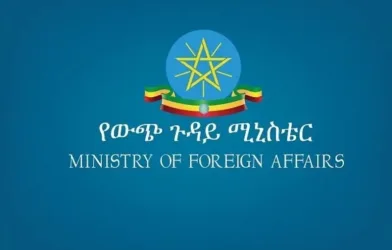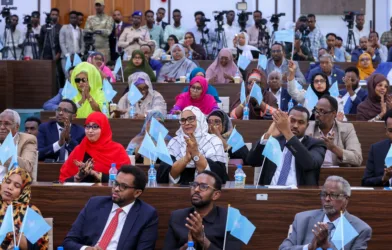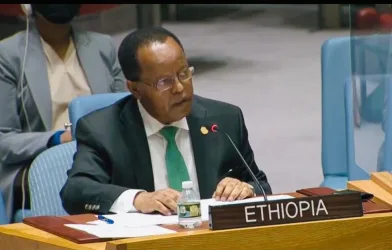
Writing in the Daily Nation , Ahmed Jama, a Somali agricultural economist , argued that the United Nations have “ made Lower Shabelle appear more food insecure than it really is”, and backs up his argument with a “ FAO report” on the last year’s “ bumper harvest”. (The United Nations ‘Somali Project‘ leaves too many queries unanswered )
According to Mr Jama, the absence of a third party organisation that could audit the United Nations’ work in Somalia causes the UN to misinform the world on its work in Somalia.
Given Somalia’s lack of disaster-preparedness experience, has FAO’ report implied that the “bumper harvest” would have made people in Lower Shabelle less food insecure?
In 2006 severe food shortage caused by drought had affected people in Bay, Bakool and Gedo regions. People in Mogadishu, Garowe an Hargeisa had to pitch in with food assistance for people in drought- affected regions. Local intervention mitigated the impact of severe drought because Bay, Bakool and Gedo were not under hostile militias whose presence affected movement of aid convoys. History shows that hostilities affect delivery of relief supplies, so do the work of some unscrupulous people tasked with distribution of aid: it happened in 1992 and in 2011.
The Associated Press report on stolen relief supplies on sale in Mogadishu markets , the Wall Street Journal picture about a plain-clothes Transitional Federal Government soldier beating up a lady with a child, and Al Shabab’s denial of the extent of the famine and its call for business people to invest in inter-riverine regions, show that holding accountable those responsible for stealing relief aid or denying humanitarian access to the people displaced by drought ought to be part of the humanitarian work.
Liban Ahmad
libahm@gmail.com
Somalia: Is the famine natural or manmade?
Published: August 16, 2011







